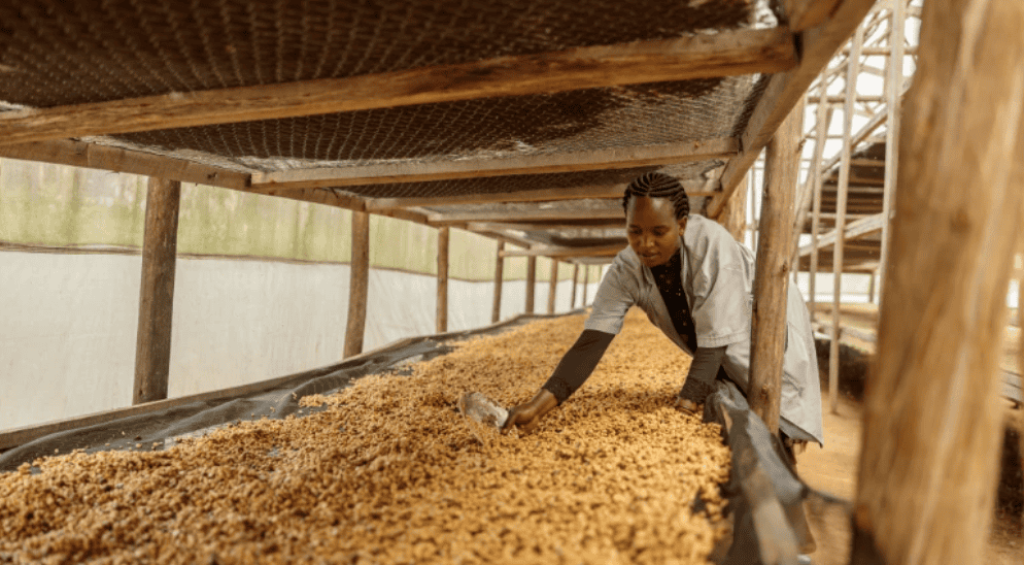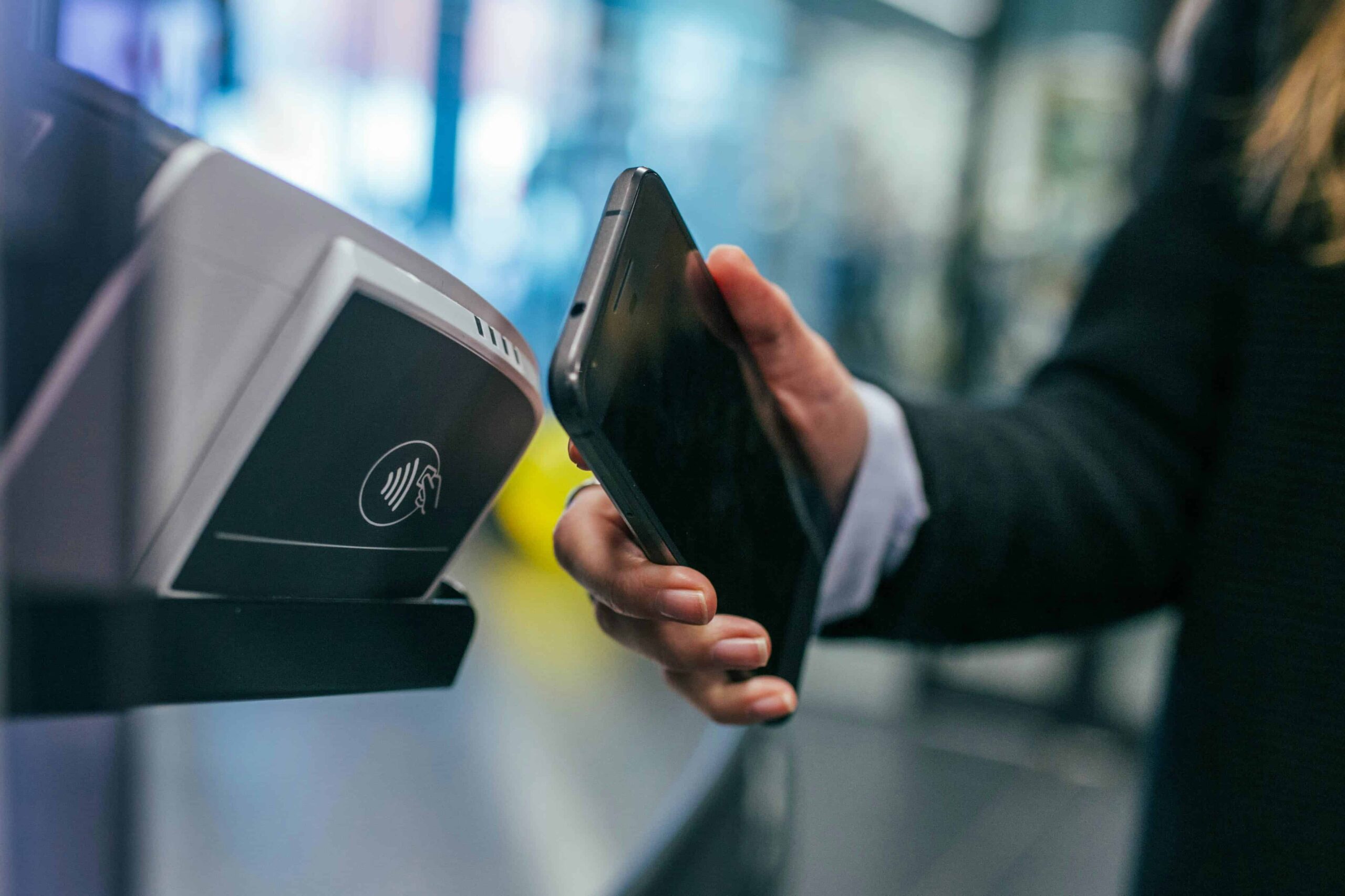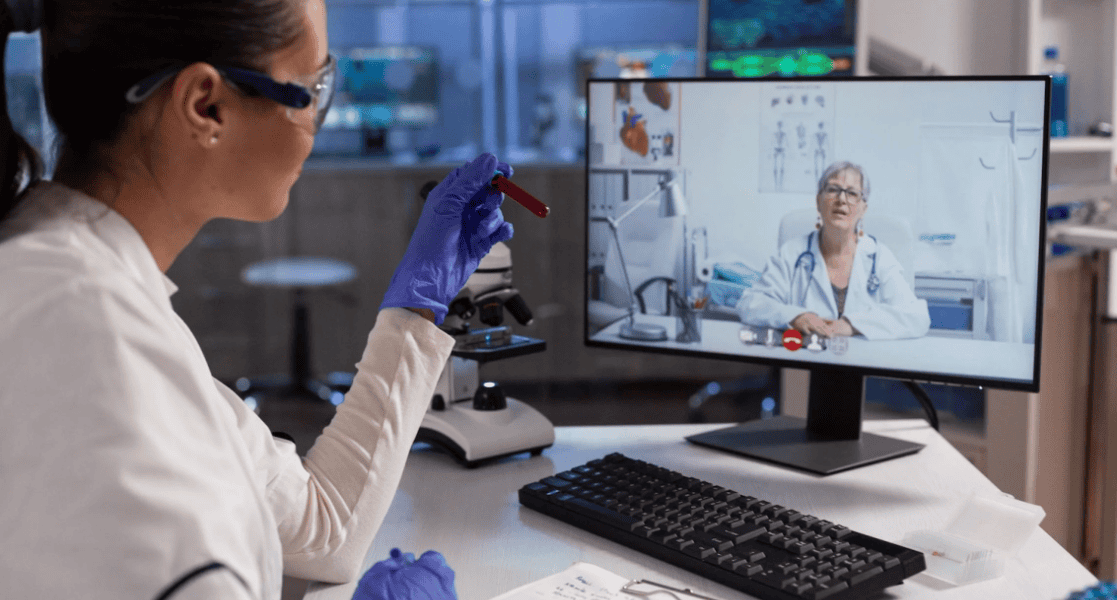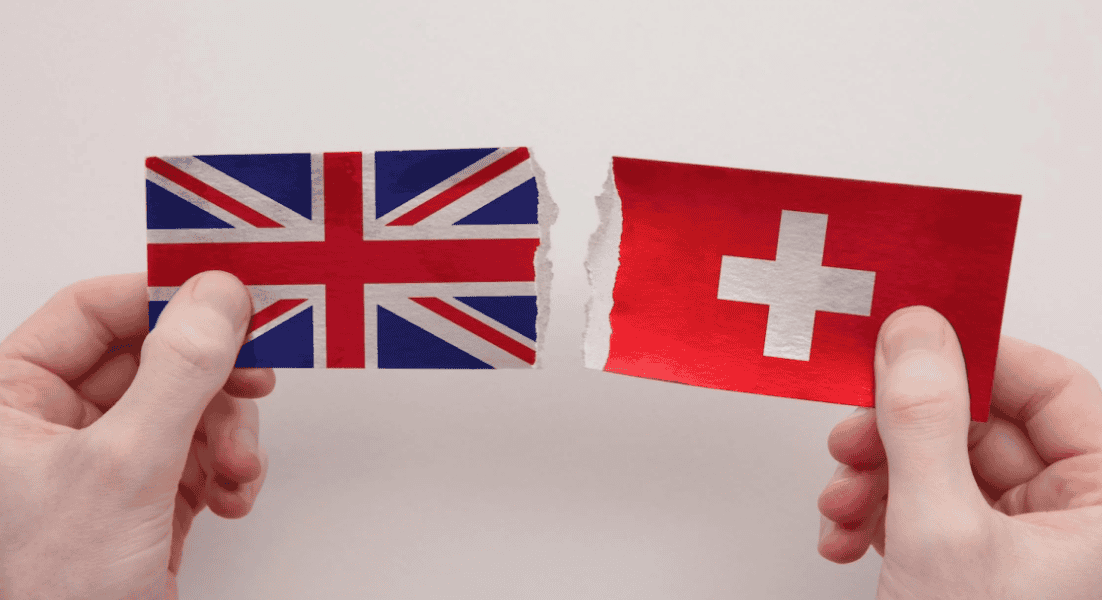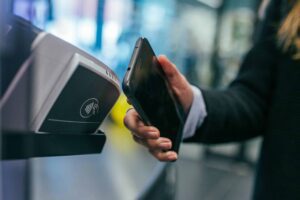The average resident of the European Union spends €150 annually on coffee, a small price for what many consider one of life’s necessities. This morning ritual also supports African livelihoods: Coffee represents up to 60 percent of Ethiopia’s export earnings and supports millions of families.
The invisible thread connecting European cups to Ethiopian hillsides is one of global trade’s quiet successes. But now, farmers who have supplied quality beans for generations face exclusion from their biggest market if they cannot provide the exact location of their plots as required by a new European Union regulation intended to prevent deforestation.
A new World Bank report examines how developing countries can meet the EU requirements without sacrificing their trade potential. Drawing on case studies and donor expertise, the report shows that success requires coordinated action across multiple fronts.
The predicament of farmers in Ethiopia shows how the imperative to prevent deforestation—which contributes to climate change—can clash with development objectives. The urgency is clear: Between 2000 and 2020, the world lost around 100 million hectares of forest, an area roughly the size of Egypt. Agriculture drives three quarters of tropical forest loss, and the EU consumes a significant portion of the commodities that put forests at risk.
The EU Deforestation Regulation (EUDR) requires suppliers of coffee, cocoa, and some other commodities to show that their products didn’t originate on land that was deforested after 2020. For large companies with integrated digital systems, this means complex but manageable changes. For smallholders in lengthy value chains involving various intermediaries—with insufficient contracts, gaps in digital records, and incomplete documentation—it might be overwhelming.
While EUDR compliance requirements could provide additional incentives to implement land rights regularization and supply-chain traceability—reforms which typically lead to productivity gains and increased investment in the medium to long term—the immediate compliance costs are expected to be substantial. This creates a critical tension: The very reforms that could benefit farmers in the long run require upfront investments that many cannot afford.
The new World Bank report unpacks these complexities and proposes how developing countries can meet the EU requirements without sacrificing their trade potential. Drawing on case studies and donor expertise, the report shows that success requires coordinated action across multiple fronts.
The challenge starts with assembling fragmented data. In Ethiopia, for example, most coffee farmers sell their beans through informal channels. Without proper records or digital tools, it’s nearly impossible to trace the coffee beans back to the original farm. Even when data exists, it’s often scattered across different government offices or in private companies, making it hard for exporters to gather and present in a simple way to their European importing partners.
But trust is as important as technology. In remote villages, asking farmers to share GPS coordinates of their land may feel like handing over the keys to their kingdom. “What if the tax collector comes next?” they may ask. “What if someone disputes my claim to this land my grandfather cleared?” These fears aren’t unfounded—in many developing countries, a significant proportion of the workforce depends on agriculture, yet land rights remain murky, and farmers are often unwilling to share data with authorities.
Compliance with regulations like the EUDR requires developing interoperable traceability systems to track agricultural products from their origin to the consumer. Building these systems is complex, costly, and requires collaboration among governments, businesses, and international partners.
Despite the challenges, some countries are making significant progress. Indonesia’s SIPO system for palm oil, Peru’s collaborative approach to data mapping, and innovative cacao exporters in the Dominican Republic show that success is possible. These examples highlight the importance of government leadership, private-sector innovation, and, most importantly, the inclusion of smallholder farmers. Replicating these models requires investment in training, digital tools, and clear legal guidance, underscoring the vital role of international partnerships in providing funding and technical expertise.
The EUDR, which takes effect on December 30, 2025, is already causing market shifts, revealing a power imbalance in global trade. Countries that are highly dependent on the EU market but have little bargaining power are the most vulnerable. However, this pressure can also be a catalyst for positive change.
Nations that successfully implement sustainable, traceable supply chains will not only maintain market access but also attract premium buyers and investment in addition to the environmental benefits that compliance brings, such as cleaner air and preservation of biodiversity. This process shows that environmental goals, such as forest preservation, and the economic well-being of smallholder farmers can be mutually reinforcing.
By empowering farmers with the right tools and support to demonstrate their sustainable practices, we can secure better market access for them while protecting crucial forests. Ultimately, building an inclusive and sustainable global trade system is essential for both the environment and the livelihoods of millions of small-scale farmers.
Source : World Bank



